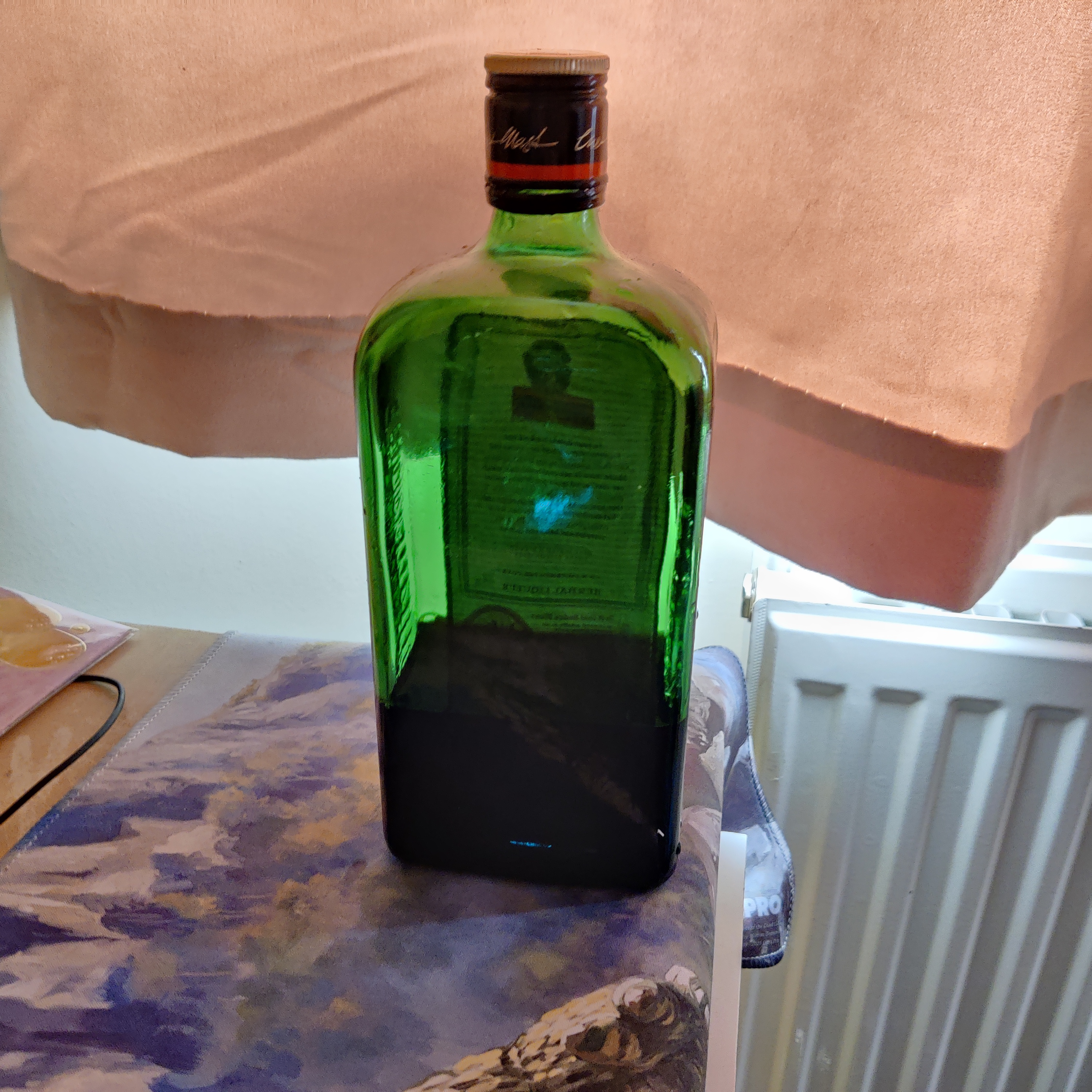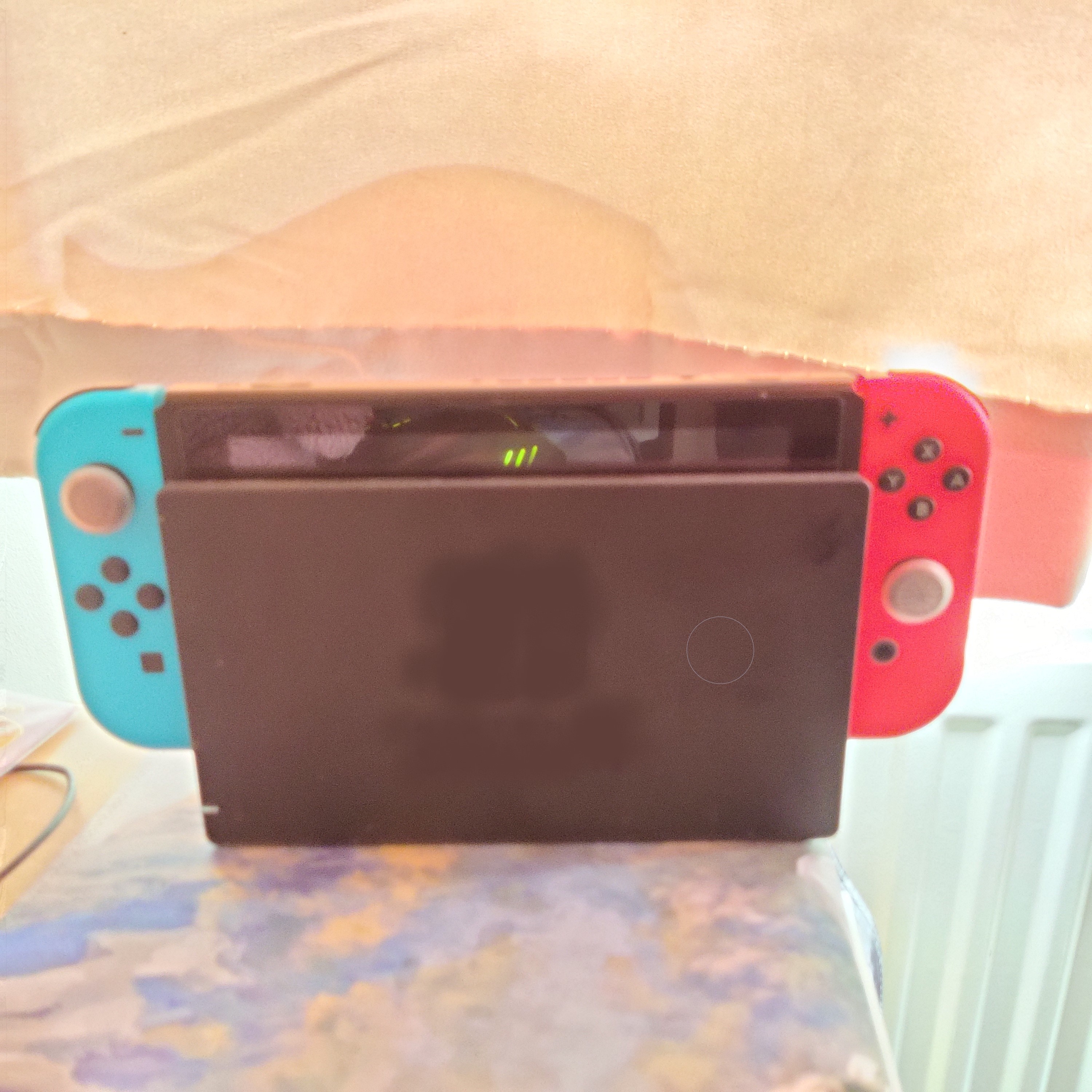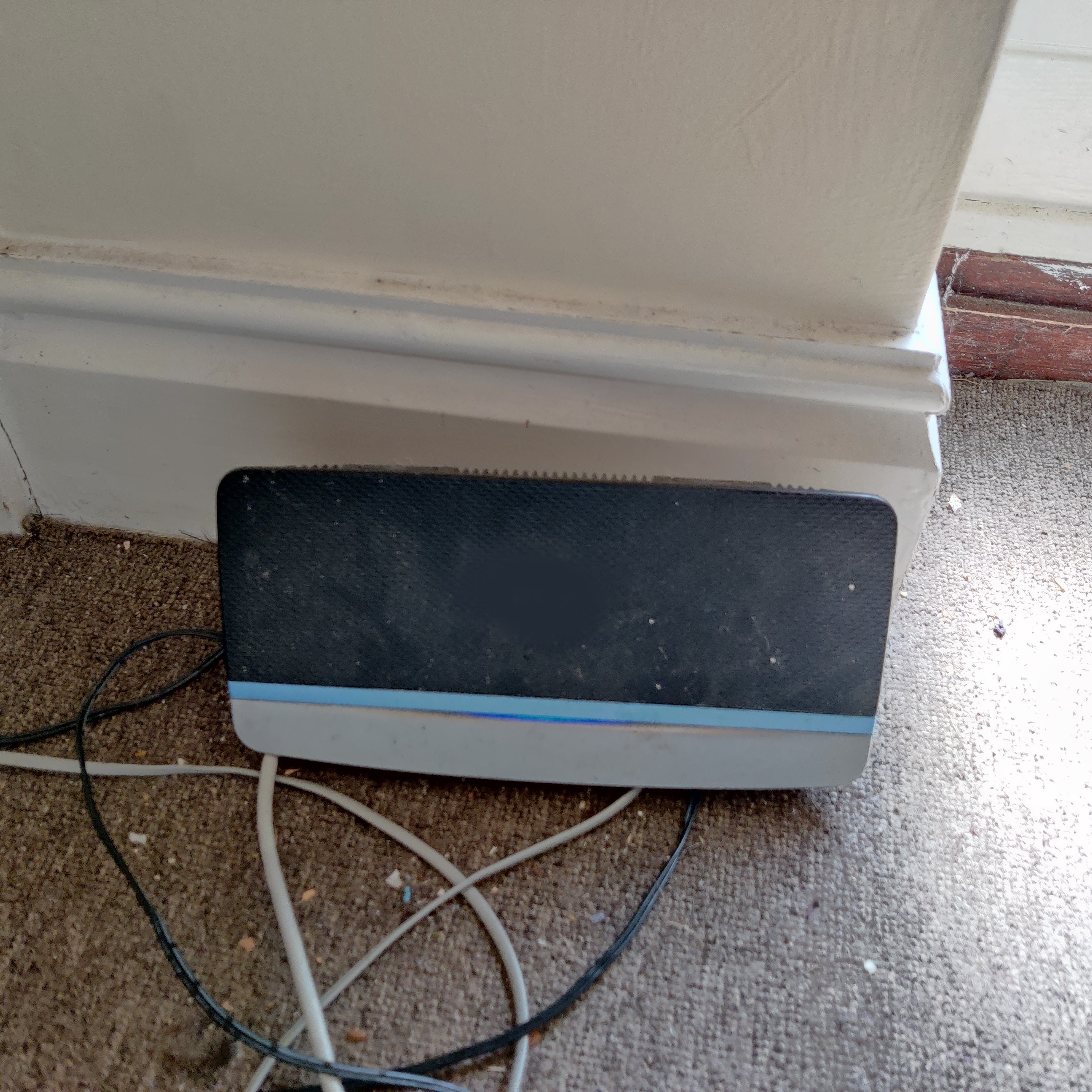Feed URL: https://blogs.kent.ac.uk/covidexhibition/2021/05/04/partying-during-covid-19/feed/?withoutcomments=1
Introduction.
Lockdown has redefined the concept of parties as we know it. As someone who lived alone and with my family during the lockdown, my perception of a party has shifted. Pre-covid, it perhaps meant a gathering of 50 or more people, drinking alcohol, dancing to music, and playing games. Post-Covid, however, as we were all relegated to isolation, I could no longer party in that way. So recreational socialisation took place online. As parties are typically enjoyable events, they must therefore be desirable for most people. Ostensibly under Covid-19, people did not change; they still wished to drink, listen to music, and play games. Yet, the regulations around the pandemic removed opportunities to do so. For some time, people could only meet in small groups, at other times not at all. For partying to continue, parties would have to change. I have chosen to define a party as an organised social event with the intention of relaxation or recreation.
To explain how I experienced partying during the pandemic, I have chosen five items that I deem relevant. They are a bottle of alcohol, a laptop, a games console, an internet router, and a Covid test.

Alcohol
Before the pandemic, alcohol was closely linked to partying; one could argue that alcohol is a defining aspect of a party; this rule didn’t change when Covid-19 hit. The parties I attended incorporated alcohol just as much as it did before. My friends and I all still drank at the same time, just not together. We would often be on voice chat. The experience of interacting with inebriated friends was comforting and familiar, an invaluable feeling during the pandemic that left so many of us feeling alone.
While alcohol consumption was not an issue for me, this was not the case for everyone. The majority of people who drank during the pandemic did so while being physically alone, even if they kept communication with people online. This isolation vastly lessened people’s ability to hold their peers drinking habits accountable. 28% of Brits, when surveyed, said that they drank more alcohol during the lockdown, and 38% of people who drank heavily pre-pandemic were likely to consume even more (Alcohol Change UK). On a personal level, it made me nervous not knowing what my friends drinking habits were in private. As we couldn’t see each other, we just had to have faith in each other that we would all be honest about our alcohol consumption.

A laptop
My laptop was my most important tool for socialising with friends in a party context. This importance is due to two main pieces of software, my web browser and my preferred VoIP (Voice over Internet Protocol). VoIP’s allowed my friends and me to be on call to each other, which we found to be a more natural method of communication than via text messages, and therefore better for a party environment. Web browsers connect to the World Wide Web. The World Wide Web holds an immense amount of resources for making online parties more fun, for example, with online drinking games or relatively simple multiplayer web games. A typical party night would consist of us all being on the same VoIP server and playing a selection of such web games while drinking and bantering about our (in)ability in the games. I cannot overstress the importance of VoIP’s. Without the ability to hear my friends’ voices, I don’t believe I would have had any level of fun as I ended up having.

A video-game console
Covid-19 removed the possibility for large scale parties to take place, and as such, all my parties have been exclusive with my close-knit friendship group. This change of dynamic has benefited the party atmosphere compared to the much larger parties of acquaintances and strangers of the pre-covid days. For me, that main advantage has been that my friendship group has many shared hobbies, including playing certain video games. My covid experience can be separated into two categories – being at home with my family, and being at home in my student house. For both types, games consoles played a part. When at my family house, I would play online video games, and when at my student house, I would play local multiplayer video games. I played video games far more often when at my student house than when at my family house, but that is likely due to the added joy of being in the same room as my housemates. Partying with video games is notably different from partying with online web games. Video games tend to be far more mechanically complex than web games and require more focus than their web equivalent. When I was using my games console at a party, it was the focus of the party.

An internet router
Although nothing could completely recreate the feeling of an in-person party during the pandemic, nothing would have even been able to come close without the internet. The internet was crucial for running so much of our pandemic life, especially true for any socialisation. Being what connects local networks to the broader internet, Internet routers remain essential pieces of hardware in a house. If any household hardware malfunctions, the router ranks amongst the top for noticeability. The routers at both houses I stayed at during the pandemic were of relatively poor quality, and so, my connection to the internet was poorer than my friends. This poor connection led to a form of isolation. My router did not have the upload and download speed to run multiple things simultaneously; for example, I could not be in a voice call with my friends and simultaneously watch online streaming services, whereas they could. This lack of bandwidth excluded me from ‘watch parties’. In total, it was a relatively mild exclusion, but had my bandwidth been much lower, I would have lost out on a lot of enjoyable moments.

A Covid test
Nothing could completely recreate the feeling of an in-person party during the pandemic. More generally, talking to the online representations of friends could not recreate the feeling of being with them in person. Due to this, I seized any available opportunity to meet with friends. For the most part, this consisted of one-on-one meetups, which I believe would stretch the definition of a party, but there were a select few times that I could meet up with a more significant number of people. These times stay in my memory as the best events I went to, and the closest thing to the joys of the parties of old. When these few events happened, they had to be socially distanced, and we had to prepare for these in advance by getting Covid tests. Any form of the in-person meetup was a risk, and due to having to rely on the trust of the other people to have gotten the test, these meetups remained a thing only done with my closest friends.
Visitor questions:
Can you define a party? Does a party of only two people seem absurd? If so, what do you consider to be the smallest number of people to constitute a party?
Did you have any parties during the pandemic? If so, did any party feel as good as a pre-pandemic party? If so, do you know why?
I’d love to hear answers to any of these questions that interest you in the comments!
Bibliography
Alcohol Change UK. ‘New research reveals that without action lockdown drinking habits may be here to stay’. https://s3.eu-west-2.amazonaws.com/files.alcoholchange.org.uk/images/Lockdown-easing-press-release-FINAL.pdf?mtime=20200702175422&focal=none (accessed 29 March 2021)
